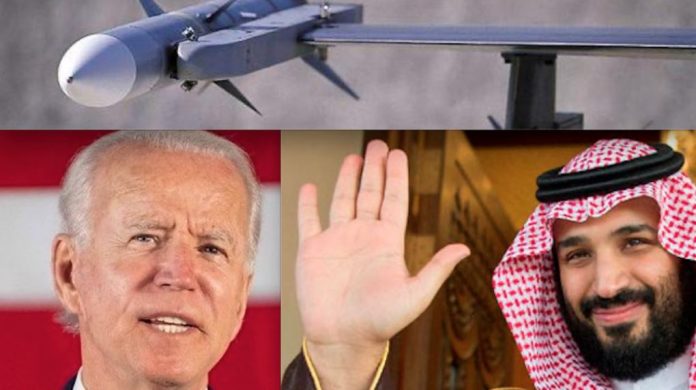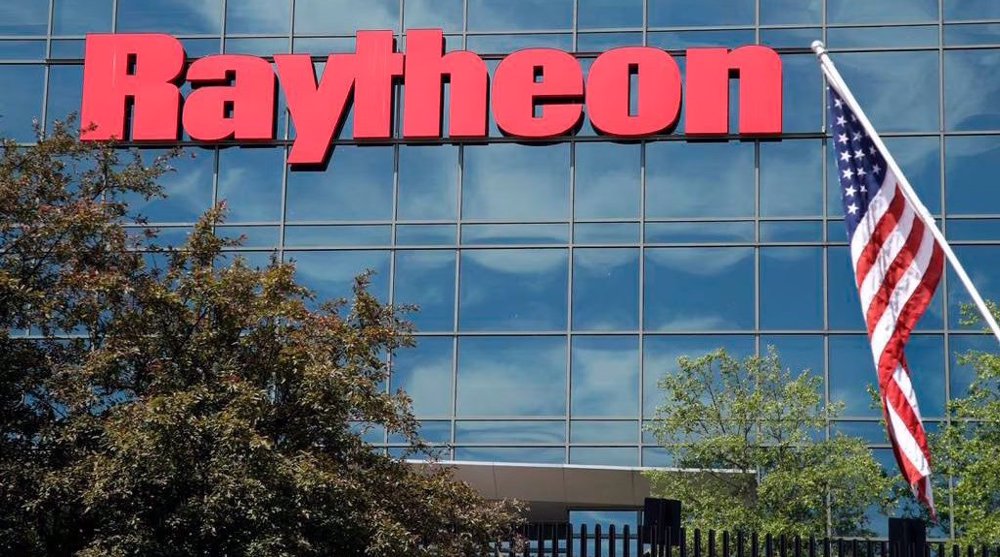Due to allegations that the kingdom was conducting business with Russian and Chinese entities that were subject to sanctions, major US weapons manufacturer Raytheon is said to have terminated a multi-billion dollar agreement with a Saudi Arabian weapons company.
The Saudi company, Scopa Defense, reportedly pursued financial translations with Chinese, Russian, and Belarusian entities subject to sanctions by the US administration, according to unnamed sources cited by the New York-based Wall Street Journal on Thursday. This led Raytheon Technologies Corporation (RTX) to cancel the agreement.
According to the American newspaper, Scopa Defense’s advisory board, which was made up of retired US military officers, resigned from its position as a result of unease regarding engagement with organizations from Moscow and Beijing.
One of the businesses in Saudi Arabia, Scopa Defense was founded in 2021, and it has plans to help the country move away from importing weapons and toward building up its own domestic military industry.
In order to establish an air defense system factory in Saudi Arabia, the RTX and Scopa Defense signed a memorandum of understanding last year.
Former Scopa CEO Nasr Alghrairi claimed that the $25 billion investment in Saudi Arabia and the $17 billion in sales from the deal, which included radars and several air defense systems, were expected.
The US Daily newspaper reported that “the US government has expressed concern regarding the potential for its weapon systems to be compromised if the technologies integrated into Scopa Defense’s weaponry were acquired by Chinese or Russian entities and subjected to reverse engineering.”
The WSJ cited company records when it claimed that two businesses connected to Scopa Defense, Tal Military Industries and Sepha Military Industries, had trade relations with countries like China, Russia, and Belarus that were subject to sanctions.
Owner of Scopa Mohamed Alajlan reportedly hired a manager from Sepha, which was in talks with Chinese companies that are also subject to US sanctions, and hired a manager from Tal, which was run by a Chinese national. Both companies were sanctioned by the US. Sepha was run by an executive from a Russian company, according to reports.
The newspaper also mentioned that Sepha spoke with companies from Belarus and Russia that are subject to Western sanctions.
Since Scopa was trying to access sensitive data from RTX, according to the WSJ, Tal, and Sepha, two Saudi companies, also shared computer servers with Scopa’s staff.
According to one document, Sepha had considered “marketing Russian weapons, body armor, and surveillance gear in Saudi Arabia, building Russian attack helicopters there, and producing armored vehicles with Russia’s Military Industrial Co.”
Alajlan has denied claims that it has done business with Russia and companies subject to international sanctions, stating that any dealings with Chinese companies have only been for the purpose of obtaining raw materials for the manufacture of armored vehicles and ammunition.
Alajlan stated in an interview with the WSJ “We don’t work with any companies that have international sanctions,” adding that any claims to the contrary are “all rumors, inaccurate, illogical, and unrealistic.”
Western nations, led by the United States, have been imposing sanctions against Russia since the start of the war in Ukraine last February while also supplying Kyiv with tens of billions of dollars worth of cutting-edge weapons, actions that Moscow claims will only serve to exacerbate the current situation and prolong hostilities.
The United States has long imposed sanctions on China due to a number of issues, including claims of cyber security attacks and intelligence espionage.














